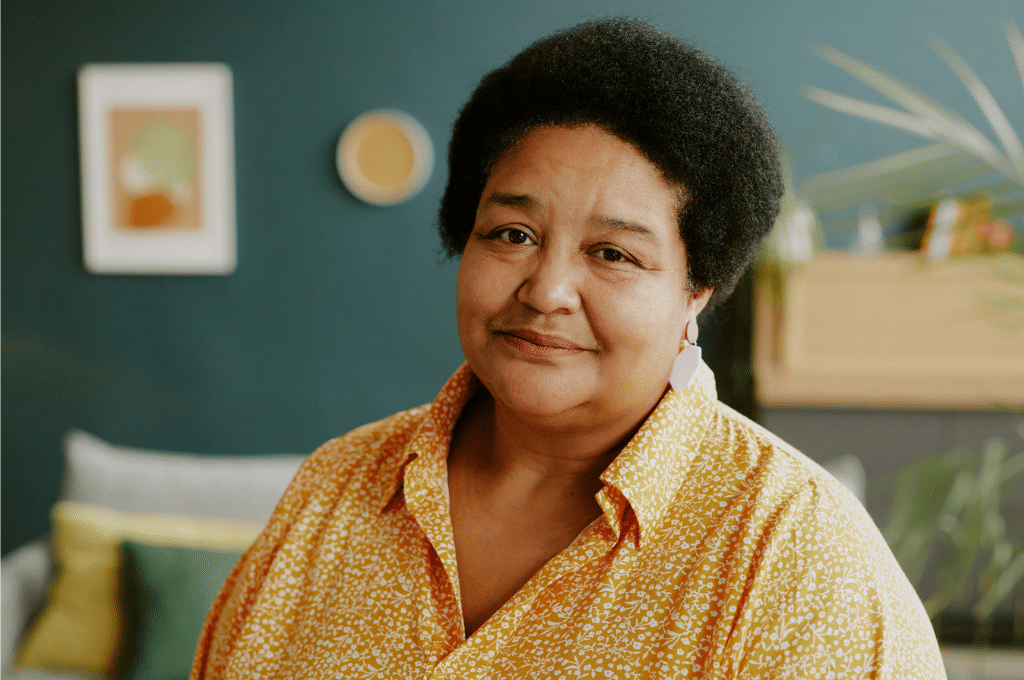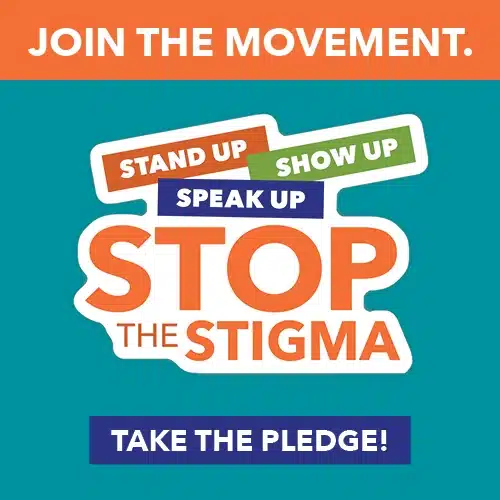During Bebe Moore Campbell National Minority Mental Health Awareness Month, we’re shining a light on how racism is not just a social issue, it’s a public health issue. For many BIPOC (Black, Indigenous, and People of Color) individuals, racial trauma is a daily, lived experience that takes a toll not only on emotional well-being but also on physical health.
What is Racial Trauma?
Racial trauma, also called race-based traumatic stress, is the emotional and psychological distress caused by encounters with racism, discrimination, and microaggressions. It can stem from individual experiences or be passed down through generations.
Examples include:
- Racial profiling or police violence
- Discrimination at work, school, or in healthcare
- Exposure to racist imagery or language in media
- Generational trauma from colonization, slavery, or displacement
The Emotional Toll
People impacted by racial trauma often experience:
- Anxiety, hypervigilance, or chronic fear
- Depression or feelings of hopelessness
- Difficulty trusting institutions or providers
- Emotional numbness or burnout
These symptoms can mirror PTSD, yet they often go unrecognized or untreated.
The Physical Impact
Racial trauma doesn’t just affect the mind; it also affects the body. Research shows links between chronic exposure to racism and:
- High blood pressure
- Heart disease
- Sleep disturbances
- Chronic pain or inflammation
- Elevated cortisol (stress hormone) levels
The constant stress response creates wear and tear on the body, or what scientists call “weathering.”
Why Culturally Competent Care Matters
We’re committed to trauma-informed, culturally responsive services and understand the importance of:
- Representation in providers
- Safe spaces for racial identity expression
- Care that acknowledges systemic injustice
- Building trust and community-based healing
You Are Not Alone
Racial trauma is real and healing is possible. Support starts with recognition, and it grows through community and connection. At Oaks, we walk beside our communities to offer compassionate care and advocate for change—because everyone deserves to feel safe and supported.
Are you ready to help reduce stigma and increase awareness? Join the movement by taking the Stop The Stigma pledge today!










